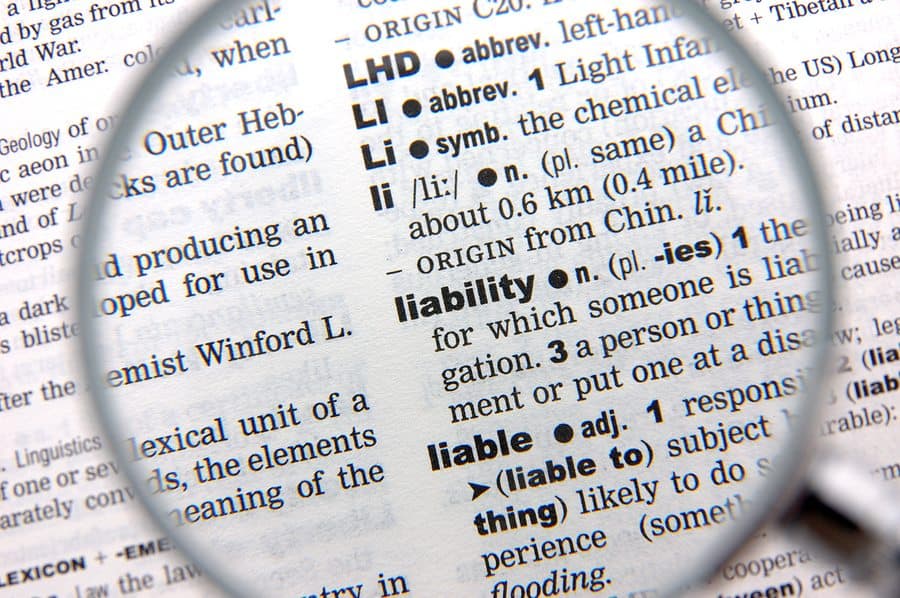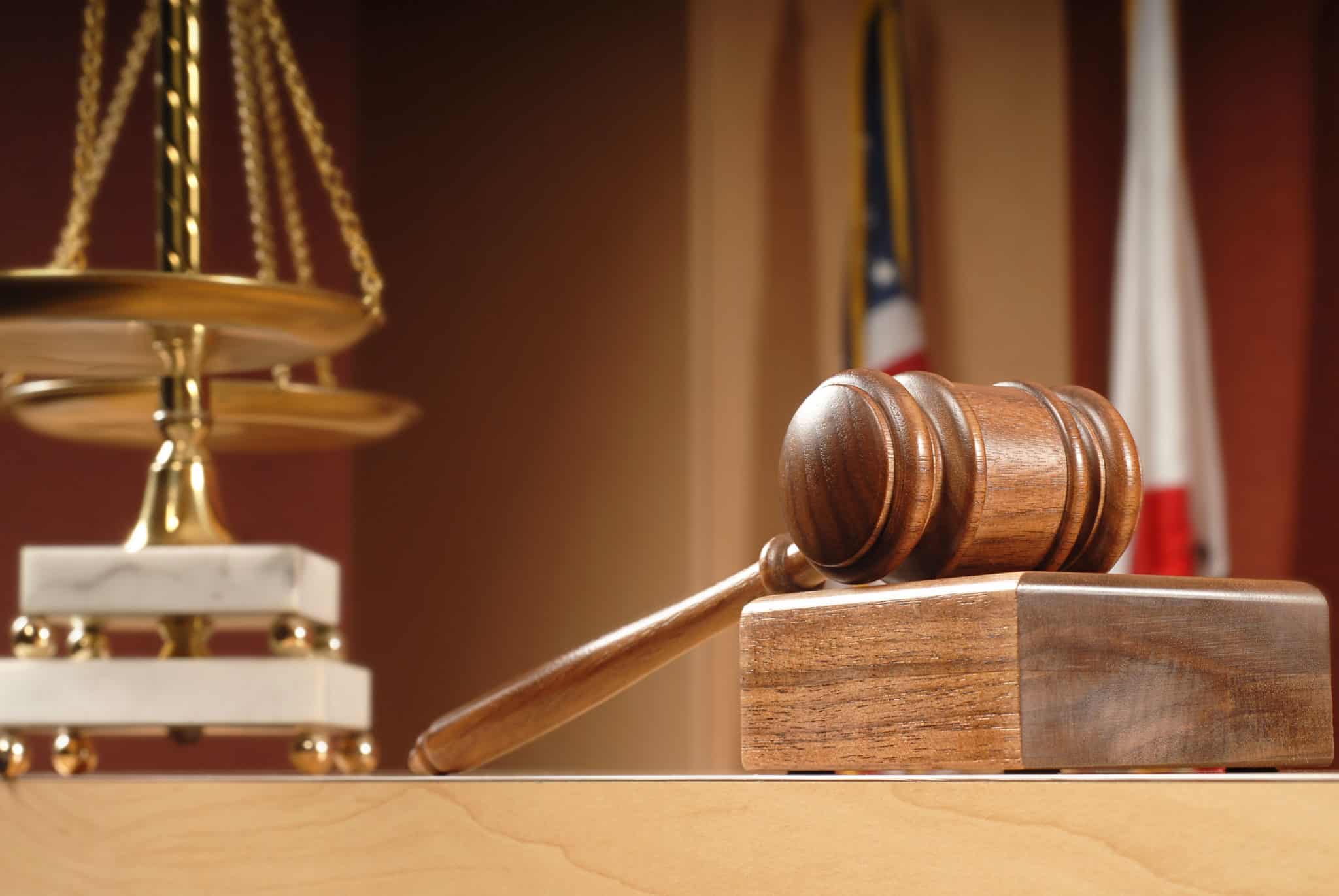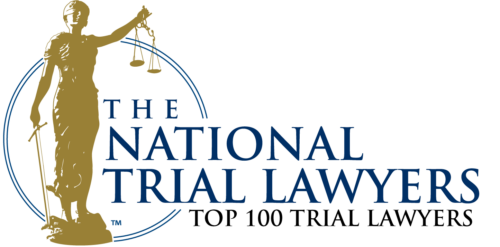Everyday Pennsylvania residents rely on the skill, training, and expertise of licensed professionals. We rely on licensed professionals to handle some of the most important aspects of our life from building our houses and buildings, handling our finances, and even managing our health. When we place our trust and even our lives in the hands of doctors, lawyers, accountants we expect professional, competent, and close to perfect service. When one of these licensed professionals fails to deliver the level of service and care that is necessary people often suffer disastrous consequences. However, filing a lawsuit against a licensed professional for malpractice can seem overly convoluted and downright impossible. Our Philadelphia personal injury lawyers explore professional liability actions.
Negligence Cases
The Administrative Office of Pennsylvania Courts documented that there were 1,530 cases of medical malpractice file in the Pennsylvania civil courts in 2015. Further data shows that an overwhelming majority of these cases did not go to trial and in total, there were 102 verdicts in medical malpractice cases across the Commonwealth. This huge discrepancy between the number of cases filed and the number of cases that went to trial and were resolved by jury verdict indicates that only an approximate 6.67% of all medical malpractice cases filed resulted in a verdict. This percentage is not meant to intimidate those who may be considering filing a case for medical malpractice, but rather to highlight that filing an action against a professional is vastly different than almost any other kind of civil action.
Most actions for injuries are brought under a theory of negligence which can be stated as follows:
- A duty, or obligation, recognized by law, requiring the actor to conform to a certain standard of conduct, for the protection of others against unreasonable risk.
- A failure on his part to conform to the standard required.
- A reasonably close causal connection between the conduct and the resulting injury. (legal cause or proximate cause).
- Actual loss or damages resulting to the interests of another.

Various references to general negligence principals contained throughout this document are credited to Prosser, Law of Torts, 4th Edition, West Publishing Co., St. Paul, Minn. 1971. In Pennsylvania, a claim for negligence requires four elements:
- a duty or obligation recognized by the law, requiring the actor to conform to a certain standard of conduct for the protection of others against unreasonable risks;
- a failure to conform to the standard required;
- a causal connection between the conduct and the resulting injury; and
- actual loss or damage resulting in harm to the interests of another.
See Northwest Mutual Life Ins. Co. v. Babayan, 430 F.3d 121, 139 (3d Cir. 2005) (applying Pennsylvania law). Generally, to begin a case against a party based on negligence the Pennsylvania Rules of Civil Procedure require that an action may be commenced by filing a Praecipe for Writ of Summons or a Complaint. The action is commenced when one of the two has been filed, the appropriate fee paid, and the case indexed and docket ed. 42 Pa. C.S.A. §5503(a) (dealing with limitations of action) provides that the action has been commenced for its purposes “when a document embodying the matter is filed in an office authorized to receive such document.” See Pa. R. Civ. P. 1007.
Once you have filed the complaint or the Praecipe for Writ of Summons, the case is said to have begun.
Actions Against Licensed Professionals
However, while the above may be the standard for beginning a case based on negligence when one of the parties is a licensed professional and the basis of the action is in connection with their professional services, Pennsylvania law requires additional steps and documents to properly initiate a case.
To begin, a “licensed professional” means any person who is licensed pursuant to an Act of Assembly as:
- A health care provider;
- An accountant;
- An architect;
- A chiropractor;
- A dentist;
- An engineer or land surveyor;
- A nurse;
- An optometrist;
- A pharmacist;
- A physical therapist;
- A psychologist;
- A veterinarian. Pa. R. Civ. P. 1042.1(b) (1) (i-xii) (2005); or
- An attorney at law. Pa. R. Civ. P. 1042.1(b) (2).
Many if not all of these licensed professionals assume an oath and a code of ethics to meet a standard for their performance that among other things delineate a standard they are expected to meet. For example, lawyers in Pennsylvania are expected to meet the standards set forth in the Pennsylvania Rules of Professional Conduct. Notably, Rule 1.1 of these rules states:
A lawyer shall provide competent representation to a client. Competent representation requires the legal knowledge, skill, thoroughness and preparation reasonably necessary for the representation.
When a lawyer does not meet this standard and as a result, a client is injured, a party may be able to initiate an action against them. Using attorneys as an example again, the elements of a legal malpractice claim are:
- The employment of the attorney or other basis for duty;
- Failure of the attorney to exercise ordinary skill and knowledge;
- That such failure to exercise ordinary skill and knowledge was the proximate cause of damage to the Plaintiff. See Rizzo v. Haines, 520 Pa. 484, 499, 555 A.2d 58, 65 (1985), Hughes v. Consol-Pennsylvania Coal Company, 945 F.2d 594, 616-17 (3d Cir. 1991), cert denied, 112 S.Ct. 2300. (1992).
You may notice that this language mirrors the language for negligence above in many ways and that in essence, the two are the same. However, while the language may be similar in many ways, Pennsylvania Law requires not only a complaint pursuant to Pa. R. Civ. P. 1042.2(a), but also a Certificate of Merit.
Pennsylvania Rule of Civil Procedure 1042.3 requires: “In any action based upon an allegation that a licensed professional deviated from an accepted professional standard, the attorney for the plaintiff, or the plaintiff if not represented, shall file with the complaint or within sixty days after the filing of the complaint, a certificate of merit signed by the attorney or party that either: 1) an appropriate licensed professional has supplied a written statement that there exists a reasonable probability that the care, skill or knowledge exercised or exhibited in the treatment, practice or work that is the subject of the complaint, fell outside acceptable professional standards and that such conduct was a cause in bringing about the harm, or
- A licensed professional is defined in Rule 1042.1 and includes entities defined as health care providers under 40 Pa. C.S.A. § 1303.503 (MCARE).
- The claim that the defendant deviated from an acceptable professional standard is based solely on allegations that other licensed professionals for whom this defendant is responsible deviated from an acceptable professional standard.
- Expert testimony of an appropriate licensed professional is unnecessary for prosecution of the claim.” Pa. R. Civ. P. 1042.3(a)(1-3).
This is notably different than a standard claim based on negligence, and while it is true that a failure to file an appropriate complaint under Pa. R. Civ. P. 1007 may be the basis for dismissing a complaint if you a claimant fails to file a Certificate of Merit this will surely be the basis of a complaint being dismissed. Pa. R. Civ. P. 1042.6. The prothonotary, on praecipe of the defendant, shall enter a judgment nonpros against the plaintiff for failure to file a certificate of merit within the required time.
Therefore, when you are considering filing a claim against a licensed professional you need to be aware that not only are their different requirements for filing and beginning a case but that the standard of care is different for each profession. As this article explored some of the basic duties of lawyers barred and licensed in Pennsylvania, this same standard cannot be imputed to doctors, or dentists, or architects. This is arguably the reason for filing a Certificate of Merit, because it requires that the plaintiff assert through expert testimony that defendant, whether they be a doctor, lawyer, dentist, or veterinarian deviated from an acceptable professional standard is based solely on allegations that other licensed professionals for whom this defendant is responsibly deviated from an acceptable professional standard.

Medical Malpractice Cases in Pennsylvania
As noted above, there were a substantial number of medical malpractice cases filed in Pennsylvania in 2015. Indeed, claims of medical malpractice are common. Similar to other professions doctors and medical professionals have a to abide by and conform to standards and when they don’t they risk liability.
Pennsylvania applies the following standard of liability to medical malpractice claims.
Medical malpractice consists of a negligent or unskillful performance by a physician of the duties which are devolved and incumbent upon him on account of his relations with his patients, or of a want of proper care and skill in the performance of a professional act. Because medical malpractice is a form of negligence, to state a prima facie cause of action, a plaintiff must demonstrate the elements of negligence: a duty owed by the physician to the patient, a breach of that duty by the physician, that the breach was the proximate cause of the harm suffered, and the damages suffered were a direct result of harm. With all but the most self-evident medical malpractice actions, there is also the added requirement that the plaintiff must provide a medical expert who will testify as to the elements of duty, breach, and causation.
Quinby v. Plumsteadville Family Practice Inc., 907 A.2d 1061, 1070–71 (Pa.2006) (citations omitted) (emphasis added). In addition to filing a complaint for medical malpractice based on the common elements of duty, breach, causation, and damages, both the case law, as well as the Rule of Civil Procedure, require a medical expert.
Our Philadelphia Medical Malpractice Attorneys Can Help
At The Reiff Law Firm we understand how difficult being a victim of medical negligence can be, and are here to help you fight for compensation for your injuries, losses, and to prevent the medical professional from inflicting similar harm on others. Our medical malpractice lawyers are here to help you. We may be able to recover monetary compensation for your current and future medical costs, pain and suffering, and other associated damages. Call our Pennsylvania hospital negligence injury and wrongful death attorneys at (215) 709-6940, or contact us online for a free consultation.
Related Posts
- Guide to Electric Scooter Laws in Philadelphia
- Gaps in National Doppler Radar Coverage Exacerbate the Risk of Truck Accidents Due to Severe Weather
- How Long Does it Take to Settle a Car Accident Lawsuit in Pennsylvania?
- How To Prove Fault After an Accident Involving a Bicycle and a Car in Pennsylvania
- What is the Role of a Medical Expert in Pennsylvania Medical Malpractice Lawsuits?















